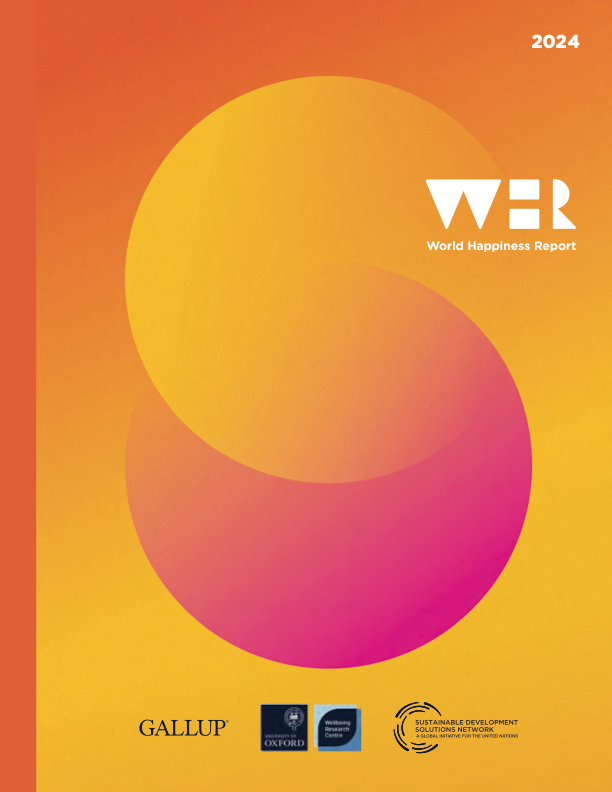Filters

By SDSN
•
03 Apr, 2024
This policy paper, published on March 20, 2024, presents the results of a survey jointly conducted by the OECD, the Sustainable Development Solutions Network, and the European Committee of the Regions on how to localize the SDGs in a changing international landscape marked by disasters and shocks. Findings show declining standards of living in many cities and regions, an increasing relevance of affordable and clean energy due to high energy prices and a growing importance of food security following disruptions in global food supply chains. Moving forward, the paper presents possible strategies to further leverage the SDGs to design sustainable urban and regional development policies. It outlines pathways to counter high price levels and promote decarbonisation in production and consumption. Furthermore, it offers ways to promote sustainable food systems and reduce food waste through a circular economy approach and the integration of food policy into urban development strategies.

By SDSN
•
03 Apr, 2024
Tokyo, Paris & New Haven, 22 March 2024 : The fourth edition of the Global Commons Stewardship Index Report presents the most recent data on domestic impacts and transboundary spillovers on the Global Commons. Building on the latest research and modelling tools in the field of industrial ecology and environmental science as well as the recognition that this work has now begun to receive we hope this report can support the efforts made by policymakers at the global and national levels to safeguard the Global Commons. The report was launched today at the Villars Institute Summit 2024 in Switzerland. Naoko Ishii, Director of the Center for Global Commons and a lead author of the report, emphasizes the following: “Current economic system continues to undermine the health of the Global Commons, to its breaking point. We need to urgently come up with the governing mechanism to safeguard the Global Commons, in particular spillover impacts through trade.” We underline three major findings from this year’s GCS Index edition: 1. Global production and consumption systems continue to undermine the stable and resilient Earth systems, the global commons, which are the foundations of our civilization. We underline in particular, the impact of G20 countries which are responsible for the lion’s share of global negative impacts on the Global Commons. In per capita terms, Australia, Canada and the United States are the worst G20 performers according of this year’s GCS Index. In absolute terms, China, the United States and the European Union are the worst performers globally. G20 countries are not only responsible for production-based negative impacts on the Global Commons, but also for more than 70% of the GHG emissions and deforestation in the international trade system. No country has achieved high levels of human development and low impact on the Global Commons. 2. The environmental stress caused and transmitted through trade systems is significant; often exceeding 30% of countries’ total GHG emissions and 50% of countries’ total impacts on deforestation and water stress. One-third or more of the total GHG emission footprint of South Korea, Japan, Italy, the EU, Germany, France and the United Kingdom is embodied into trade. More than half of the total deforestation caused by Germany, India, Turkey, France, Italy, China, South Korea, the United Kingdom, and Japan is generated outside of the borders of these countries. Finally, 50% or more of scarce water consumption in the EU, Italy, South Korea, Australia, Brazil, France, Germany, Japan, the Russian Federation, the United Kingdom and Canada happens in the rest of the world to satisfy consumption in these countries. These findings emphasize that negative trade-based spillovers are significant and must be part of any strategy to safeguard the Global Commons. Good data and metrics at all levels (global, national, industry, commodity levels) are critical to address negative impacts from unsustainable supply chains. 3. The world currently does not have a global governance mechanism to coherently address spillover impacts associated with unsustainable global supply chains . It is now urgent to come up with effective governance mechanisms to safeguard the global commons based on sound data and the latest insights from science. The publication of the Villars Framework for a Sustainable Global Trade System in 2023, led by the Remaking Trade for a Sustainable Future initiative, is an important step in this direction. Published ahead of several important international events including the September 2024 UN Summit of the Future, the November 2024 UNFCCC COPs in Azerbaijan and in Brazil in 2025 as well as the CBD COP in Colombia in 2024, the 2024 GCS Index report provides useful data and statistics to define pathways and policies to curb domestic and spillover impacts on the Global Commons – and sharpen the focus of policymakers on these challenges.

By SDSN
•
20 Mar, 2024
In this issue of the World Happiness Report we focus on the happiness of people at different stages of life. In the seven ages of man in Shakespeare’s As You Like It, the later stages of life are portrayed as deeply depressing. But happiness research shows a more nuanced picture, and one that is changing over time. We encourage you to explore the 2024 report for the latest findings on the happiness of the world’s young, the old – and everyone in between.
SIGN UP FOR SDSN UPDATES
Get our latest insights, opportunities to engage with our networks, and more.

SDSN mobilizes global scientific and technological exertise to promote practical solutions for sustainable development, including the implementation of the Sustainable Development Goals (SGDs) and the Paris Climate Agreement.
Paris
19 rue Bergère
75009 Paris
France
+33 (0) 1 84 86 06 60
New York
475 Riverside Drive
Suite 530
New York NY 10115 USA
+1 (212) 870-3920
Kuala Lumpur
Sunway University
Sunway City Kuala Lumpur
5 Jalan Universiti
Selangor 47500
Malaysia
+60 (3) 7491-8622
Designed by
Northeast Kingdom Online. Powered by
NEKO|360.
